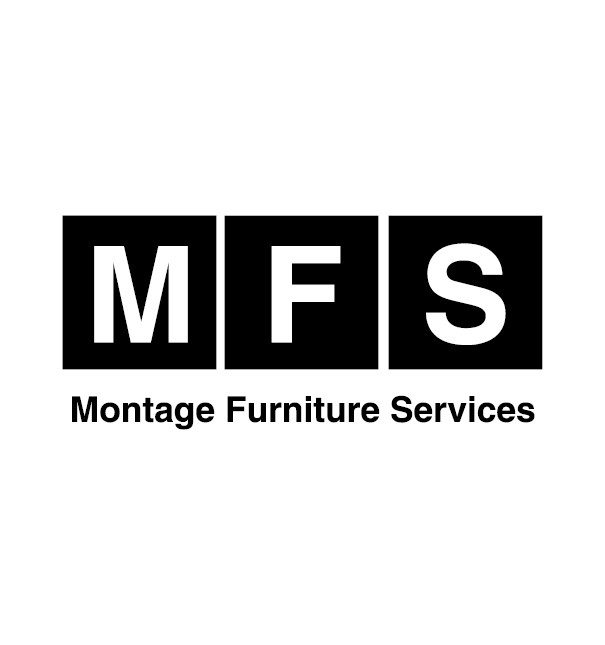This Cyber Monday, furniture retailers probably aren’t seeing a big benefit from sales-tax collections by online competitors.
“I haven’t noticed an uptick with customers saying so,” Ryan Redman, chief operating officer of Priceless Mattress and Furniture in Augusta, Maine, said on the Monday after a Thanksgiving weekend that saw good business. He added that, “I don’t think they’re very aware” that Maine began in July requiring online retailers to collect sales taxes on orders from within the state.
Many states enacted such sales-tax laws following the U.S. Supreme Court ruling in South Dakota v. Wayfair. The June decision effectively allowed states to demand the same sales tax collections from out-of-state sellers as they do from resident brick-and-mortar stores.
“We needed it to put us on a level playing field,” Robert Jones, owner of Jones Furniture and Appliance Co. in Tylertown, Miss., said Monday. Mississippi’s law took effect in September.
Jones said he can’t tell if it’s making a difference yet but, “I believe in the long run it will give people something to think about.”
Online dealers enjoyed a price advantage if they didn’t charge sales tax, Don Polley, who owns Fairfield Galleries in Fort Wayne, Ind., said Monday. “We’re a 7 percent sales-tax state, and for some people 7 percent could make that decision for them.”
Indiana put its sales-tax mandate in effect in October, and now “we’re all on a level playing field,” Polley said. Before then, customers sometimes would ask about the tax difference.

“My response was it’s not fair to cheat the state,” Polley said. “I’ve got to pay the state. Is it fair for someone else not to?”
To Andy McCurry, president of McCurry Furniture in Warrior, Ala., the tax issue was just another stumbling block for traditional retailers in their battle to compete against online sales.
“I heard a comment from someone the other day that with free delivery and no tax, it’s a no-brainer where we need to go,” McCurry said.
But that customer was out of date. Alabama put its online sales-tax requirement into effect Oct. 1.
Jill McClintock, a sales associate at St. Michel Furniture in Rugby, N.D., said Monday she hopes shoppers take note of the online sales tax, which North Dakota also added in October. “I’ll be having that conversation with customers. Check back in three months.”
No one seems to think the sales tax alone will balance the scales.
“I think it will not hurt (our) chances. It should even the playing field a bit more,” Kevin Kauffman, owner of Kauffman Brands, wrote in an email Monday. Kauffman Brands includes Simply Amish Furniture in Arcola, Ill. Illinois put its online sales tax into effect Oct. 1.
[Kansas aims to tax all online sales]
“I think it will (help) a little bit, but besides the cost savings customers like the convenience of buying online,” Redman said. His store uses its website to generate leads, he added, but it doesn’t make sales online, yet. “We’re working on it.”
Like most retailers, Polley relies on the in-store shopping experience and after-sale service for an edge. Customers want to touch and feel furniture before they buy it, and they want problems to be addressed, he said. “I care about our customers. I want to know if customers have a problem. We want to take care of them.”
For Jones, in Tylertown, Miss., the Internet hasn’t posed a big challenge yet anyway.
“I’m in a small rural area, and we’re the last for everything,” he said.
When it comes to online sales taxes, Mississippi is far from last. Several states have yet to level this playing field for their brick-and-mortar retailers.









